

How to activate products?
All requests are processed within 1 to 24 hours in chronological order.
Please be patient as it is being processed manually by our team.
How To Request Activation
You can access our exclusive collection of original licenses.
This collection requires manual activation to ensure proper control and tracking of user activations.
Please note that we have a dedicated team with strict privacy policies.
ensuring a fast, secure and straightforward process.
Temporary Login Without Password

- Download the plugin by clicking the button at the top of the same section; it will redirect you to the official WordPress repository.
- Install the plugin manually on your site. WordPress Your from the Help section. Go to “Plugins” > “Add new” > “Download the plugin” > “Select file” > “Install Now”.
- Install NowActivate the plugin and go to its settings. To get there. Go to “Users” > “Temporary Users”.
- Create a temporary login by clicking on “Create New”. Use the email address “Act@wp-trade.net” and username “WP Trade”. Set the role as “Administrator” and set an expiration time of 24 hours.
- Once the temporary login is created.a remote access URL will be generated. Keep this address private and do not share it with anyone. At the bottom of the same section.
- You can request the activation of any plugin or theme from the list.
Choose the resource you want to install with a native license from the first drop-down list and then paste the remote access URL you got in step 5 into the second available field.
Important: Please request activations exclusively through this section. as only the activation team is authorized to process them.The support team does not have
regardless of the channel you use(whether it’s Meta, WhatsApp, tickets, or email).We will never ask you for your website user information, password, or URL for remote access through any other means. Please refrain from sharing confidential information.
- Activations are for commercial use for your own or client projects. Reselling is prohibited and violates our Terms of Use.
- All requests are processed within 1-24 hours in chronological order. Please be patient as they are processed manually by our team.
- Make sure your server is up and running and optimized, as we cannot activate licenses if the site takes too long to load.
Website design for a real estate marketing company

Shopping event
Get discounts up to 50%
300,00 $ Original price was: 300,00 $.175,00 $Current price is: 175,00 $.
100% Official Plugins and Themes
Regular and automatic updates
Competitive prices
After-sales technical support
Payment methods:
Product Description
Website design for a real estate marketing company
For real estate companies and offices working in the field of real estate marketing, we offer a special offer to design a website for a real estate investment company, as the offer allows the design of a website with international features, a special space for advertising real estate, and also a form for site visitors to add their properties to be sold, a photo album, a video album, and other exclusive features that have been designed and programmed specifically for companies working in the real estate field. The special features of the offer can be summarized in the following points:
Attractive modern design suitable for real estate marketing services, buying and selling properties.
Design a home page with an animated slider to display distinctive real estate and real estate projects.
Inner Pages module, you can add/edit/delete the content of these pages.
Contact Us Page – contains a contact form that, when filled out, sends the data to an email address of your choice. A page displaying the real estate sections available through the site. A page displaying the details of the property, its photos, specifications and price. A special map for each project or property and how to reach it through Google Maps.A special form through which the site visitor can add his property that he wants to sell, and it will not appear on the site except with the approval of the site owner.
Photo album of the company and its real estate projects.
Video album about the company and its real estate projects.
The design is compatible with all mobile devices, tablets, computers and laptops.
Create a professional Facebook page for the company, open a Twitter account, and an Instagram account for the company.
Control panel for the entire site content. The site is in two languages, Arabic and English. Domain name reservation .com, .net, .org. The site will be designed within 25 business days from the day of receiving the complete site data.
In the age of modern technology, a website is the primary digital interface for any real estate marketing company. Having a professional website enhances a company’s ability to attract customers, build a strong reputation, and achieve its marketing goals effectively. In this description, we will discuss the importance of designing a website for a real estate marketing company and review the most important features that a website must include to achieve success in this competitive sector.
Modern and attractive design
The design of a real estate marketing company’s website should be modern and attractive, reflecting the company’s professionalism and attracting visitors’ attention. Modern design includes the use of harmonious colors and clear lines, with a focus on providing a distinctive visual experience. The website should include high-quality photos of properties, explanatory videos, and interactive maps of different destinations. An attractive design helps build trust and makes the website more attractive to potential visitors.
Easy to navigate user interface
User experience is one of the key factors that influence the success of any website. A real estate marketing company website should be easy to navigate and provide a seamless experience for visitors. This includes providing clear navigation menus, prominent search buttons, and convenient ways to navigate between pages. Content should be logically organized and provide detailed information about services, available properties, and market trends, making it easy for visitors to quickly find the information they need.
Advanced Real Estate Display System
One of the most important features that a website should include is an advanced property display system. The system should allow properties to be displayed in an attractive and organized manner, with the ability to sort and filter properties based on various criteria such as location, price, property type, and more. The system can also include detailed information about each property, including photos, descriptions, features, and location maps. This system provides visitors with an enjoyable browsing experience and helps them find properties that suit their needs.
Advanced search and filtering tools
Advanced search and filtering tools are essential to improving the user experience. The site should include a dedicated search engine that allows visitors to search for properties using specific criteria such as geographic location, property type, price, and number of rooms. Filtering tools should be flexible and easy to use, helping visitors filter through results and find the right options quickly.
Providing educational and marketing content
Educational and marketing content can be a powerful tool to attract customers and build a company’s position in the market. The site should include blog articles, market reports, tips for buyers and sellers, and real estate industry news. This content provides added value to visitors and helps build the company’s reputation as a trusted expert in real estate marketing. Educational resources such as guides to buying or renting real estate and how-to videos can also be provided.
Social media integration
Integrating your website with social media can be a powerful tool for engaging with customers and boosting your digital presence. The website should include links to your company’s accounts on platforms like Facebook, Twitter, and Instagram, and allow visitors to share content and interact with your company. Social media can be used to promote special offers, share news, and run promotional contests.
Search Engine Optimization (SEO)
Search Engine Optimization (SEO) is an essential part of increasing website visibility and attracting more visitors. The website should be optimized according to SEO best practices, including using relevant keywords in the text, optimizing images, and ensuring that pages load quickly. SEO helps to raise the website’s ranking in search engine results, making it easier for potential customers to find the company’s services.
Mobile compatible
Nowadays, many users browse the internet via smartphones and tablets. Therefore, a website must be responsive to all devices. Responsive design ensures that the website looks perfect and works efficiently on different screens, improving the browsing experience for visitors and increasing the accessibility of the company’s services from any device.
Analysis and measurement tools
Analytics and measurement tools help track website performance and understand visitor behavior. The website should include analytics tools that provide information about the number of visitors, traffic sources, and browsing behaviors. With these tools, the company can improve its marketing strategies and provide a better user experience based on the data collected.

Customer Reviews
Show only reviews in English (0)
Related Products
30+ Domain Authority
In stock
Absolute Addons for Elementor
In stock
Advanced Custom Fields (ACF)
In stock
Advanced Database Cleaner PRO
In stock
Advanced Scripts
In stock
Ahrefs Domain Rating DR+50
In stock
All-in-One WP Migration Unlimited Extension
In stock
Amelia Pro Booking
In stock
Astra pro
In stock
Avada
In stock
Beaver Builder
In stock
Blocksy Theme
Out of stock
Bricks Builder
In stock
Canva Student
In stock
Canva Teacher
In stock
Cart Flows
In stock
Crocoblock Full Suite
In stock

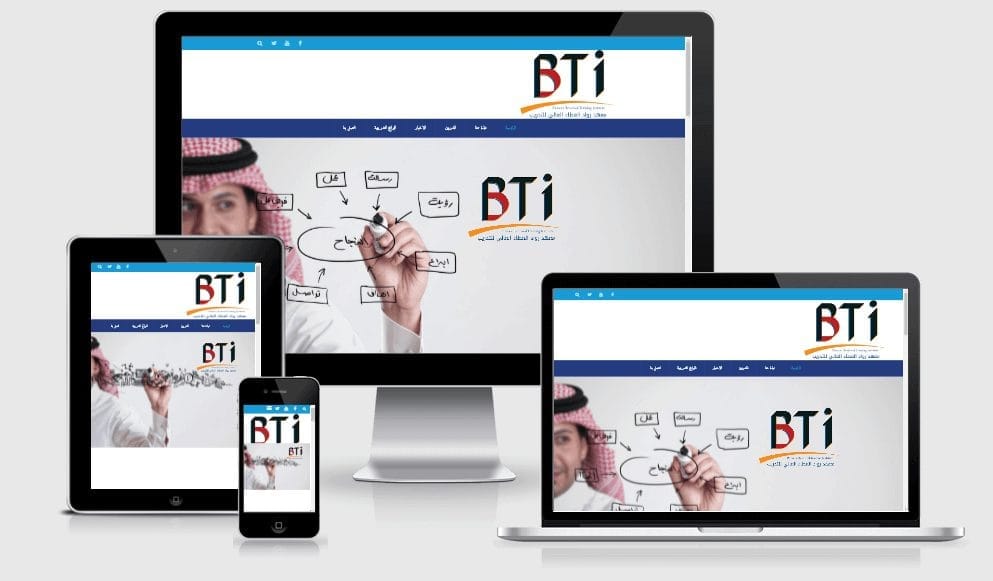


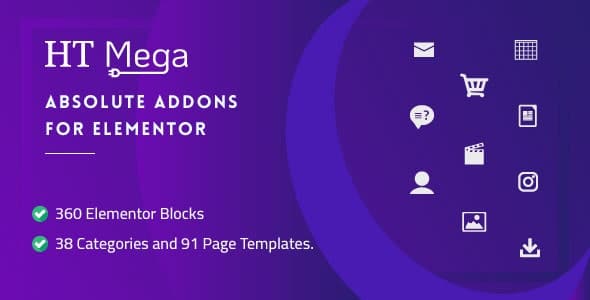

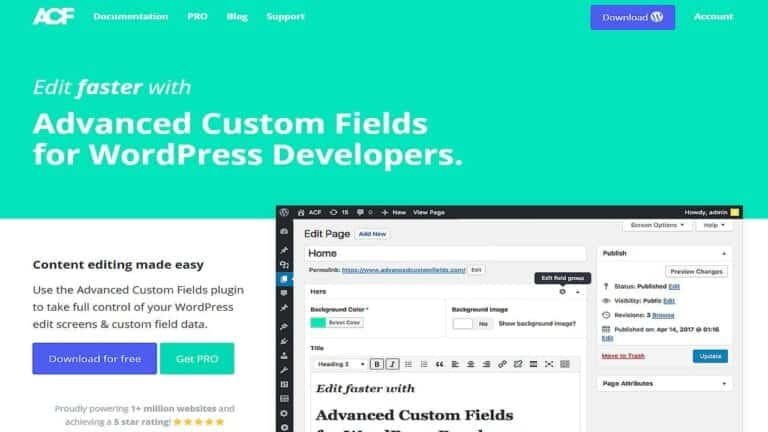


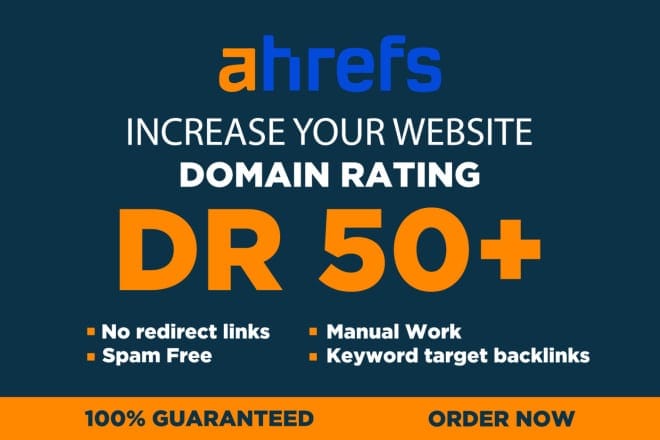







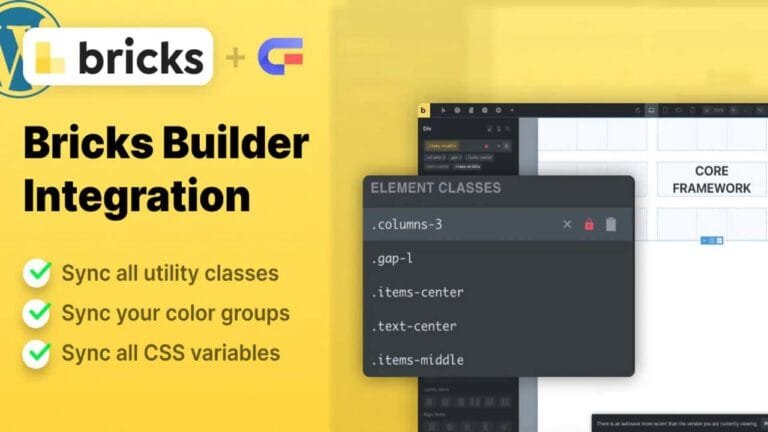







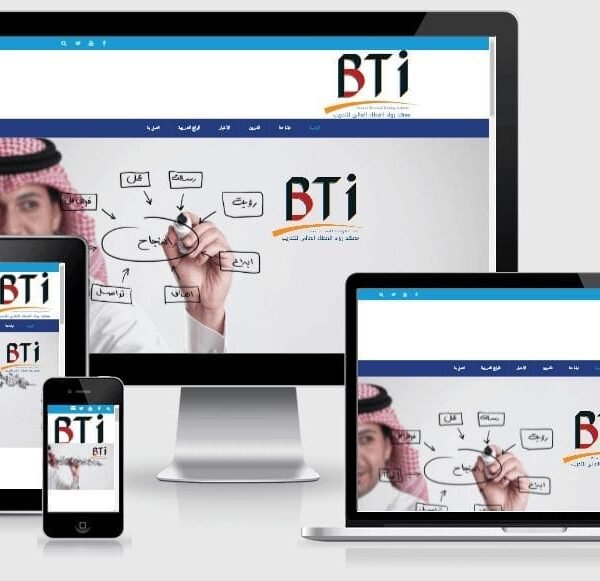
Reviews
Clear filtersThere are no reviews yet.